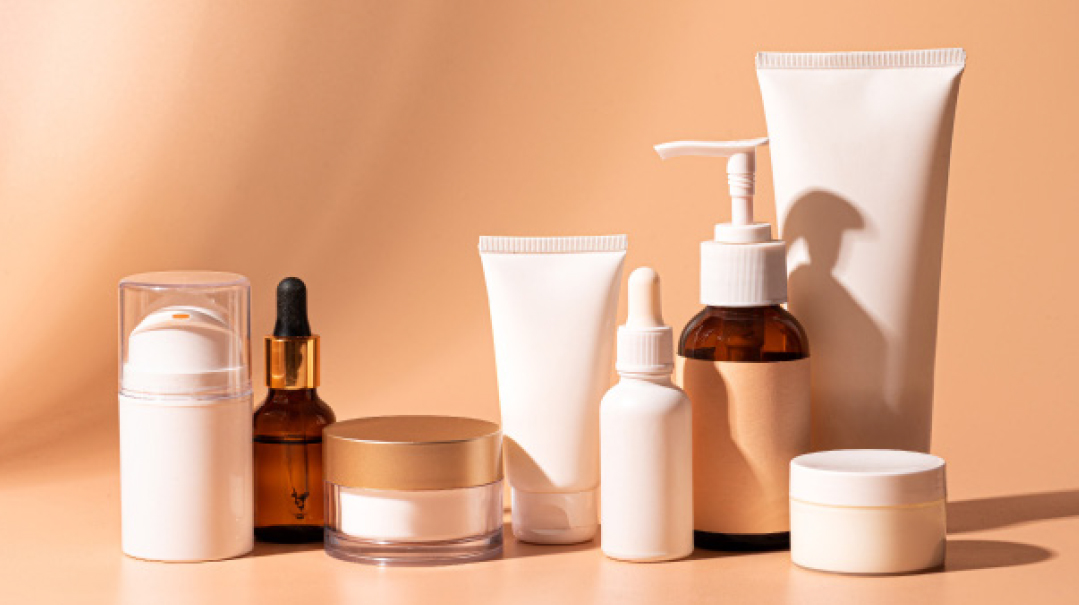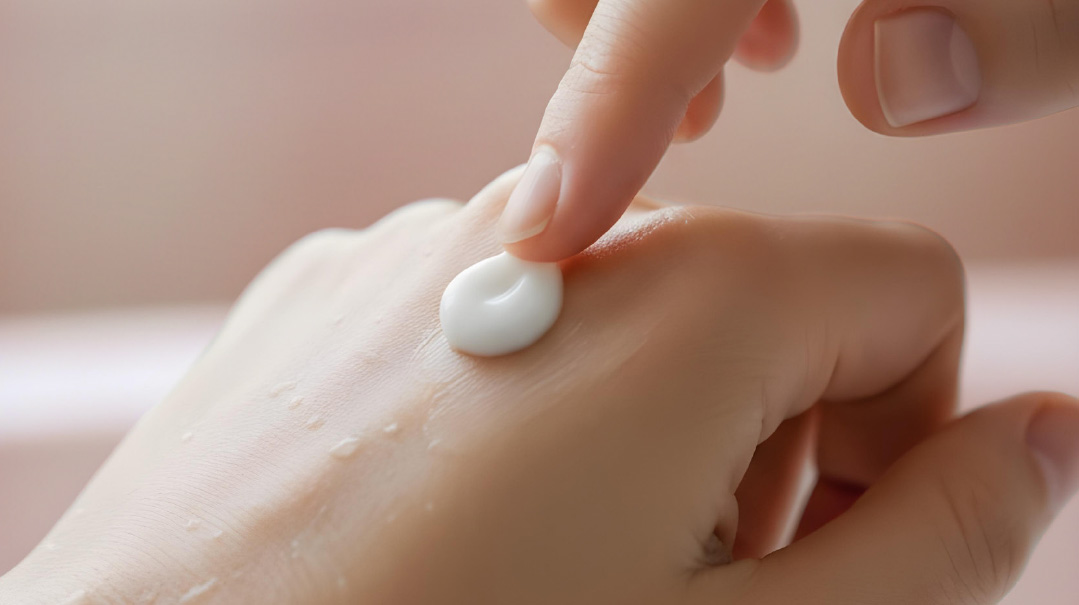Inside Out: Silky Smooth

Best tips to take care of your face and skin without causing irritation or damage

Dermatitis Reveal
For years, my brother has had a flaky patch between his eyebrows. “You have to exfoliate,” I would tell him sternly, but big brothers typically don’t listen to their little sisters.
In any case, I was actually wrong about the method of treatment. It wasn’t simply dry, flaky skin; it was seborrheic dermatitis. Seborrheic dermatitis is thought to be caused by a common yeast called Malassezia. Everyone has Malassezia on their skin; in this case, it overgrows, and the skin has an inflammatory reaction. It’s considered to be a form of eczema. Typically manifesting on the scalp, seborrheic dermatitis can also travel down onto the face — forehead, nose, cheeks.
I figured this out at the same time that his best friend, a dermatologist, told him what to do, and of course, my brother listened to him.
Seborrheic dermatitis can be treated with dandruff shampoo, like Head & Shoulders, which contains pyrithione zinc. Ketoconazole, an ingredient in Nizarol shampoo, also treats it well.
My brother went on Amazon and purchased a random product that contained both ketoconazole and salicylic acid (Pureskin Seborrheic Dermatitis Cream) and applied it every day (to my shock). In short order, the flakes vanished.
Lash Growth
Mascara helps us fake longer, fuller lashes, but we still want to nurture the actual lashes for a strong base.
I personally avoid false lashes (the makeup artist had to insist by my wedding) as they have to be applied and removed very carefully in order to avoid causing damage. The same goes for lash curlers: Pinching the curler too tight, not lining it up with the lash line, and using cheap curlers or worn-out pads can crimp or pull out lashes.
Since I opt for mascara layered atop primer, I am diligent in removing all my makeup every night. Removing makeup should also be gently done. The entire eye area is delicate, including lashes. Don’t rub eyes with regular facial cleanser; gently dab a liberally soaked cotton round with eye makeup remover. I’ve tried all sorts of expensive products, but find the store brands work pretty much the same: Up & Up by Target, Equate by Walmart, Neutrogena.
To inspire further lash growth, try moisturizing nightly with a drop of oil — olive oil, castor oil, Vitamin E, or even Vaseline. Just a tiny dab; too much can clog the glands that keep eyes lubricated. When I did this on a nightly basis, I was amazed at the new lashes that grew in.
Face Cleansers
I’ve noticed that when it comes to my own skin, it’s a lot happier when I ensure that every bit of makeup and sunscreen is removed every night. And I’ve learned the hard way that not all cleansers live up to their claims of easy makeup removal.
I fought it at first, but I’m now on team “double cleansing”: using an oil-based cleanser that effortlessly melts off all that makeup and grime, followed by a water-based cleanser for any remaining oily residue.
I’ve tried a few oil-based cleansers, and my favorite so far is Palmer’s Cleansing Oil. With one swipe, it swiftly cuts through multiple layers of bulletproof simchah makeup. The way to use a cleansing oil is to apply it first with dry hands to dry skin, work it in, then add some water to emulsify.
Thorough cleansing also needs a solid minute or two, so make sure to massage it in well. Palmer’s rinses off so cleanly, I find that just a dab of baby shampoo is enough to remove any lingering oiliness.
Fragrance-Free
I’m personally very sensitive to fragrance. Nearly every chemical scent out there gives me a headache.
So when it comes to skincare, I always opt for fragrance-free, if possible. But it turns out that for some, fragrance-free is a skincare requirement.
Fifty years ago, my Babi, the Grand Poobah of skincare, told my mother that the added fragrance in creams is “just to make it attractive.” She was right. Many people enjoy the lovely smell (unlike me), but it doesn’t reflect the product’s efficacy.
Additionally, sometimes ingredients can smell less than pleasant, so an overly pleasant scent is added to conceal it.
But for those with sensitive skin: Fragrances are considered a “trade secret,” so companies are not required to reveal the ingredients therein, and who knows what’s in there? This can cause problems for sensitive, inflammatory skin, leading to concerns such as eczema, rosacea, and acne. It can also cause contact dermatitis, an allergic reaction.
So as much as possible, I prefer “fragrance-free.”
(Originally featured in Family First, Issue 946)
Oops! We could not locate your form.







